It can feel challenging to talk to children about death, so we’ve put together a selection of helpful books. Some of the authors use storytelling to share their message, and others focus on straightforward practical advice. While these books take different approaches, they’re all poignant, thoughtful and sometimes even funny.
Five helpful books to explain death to children
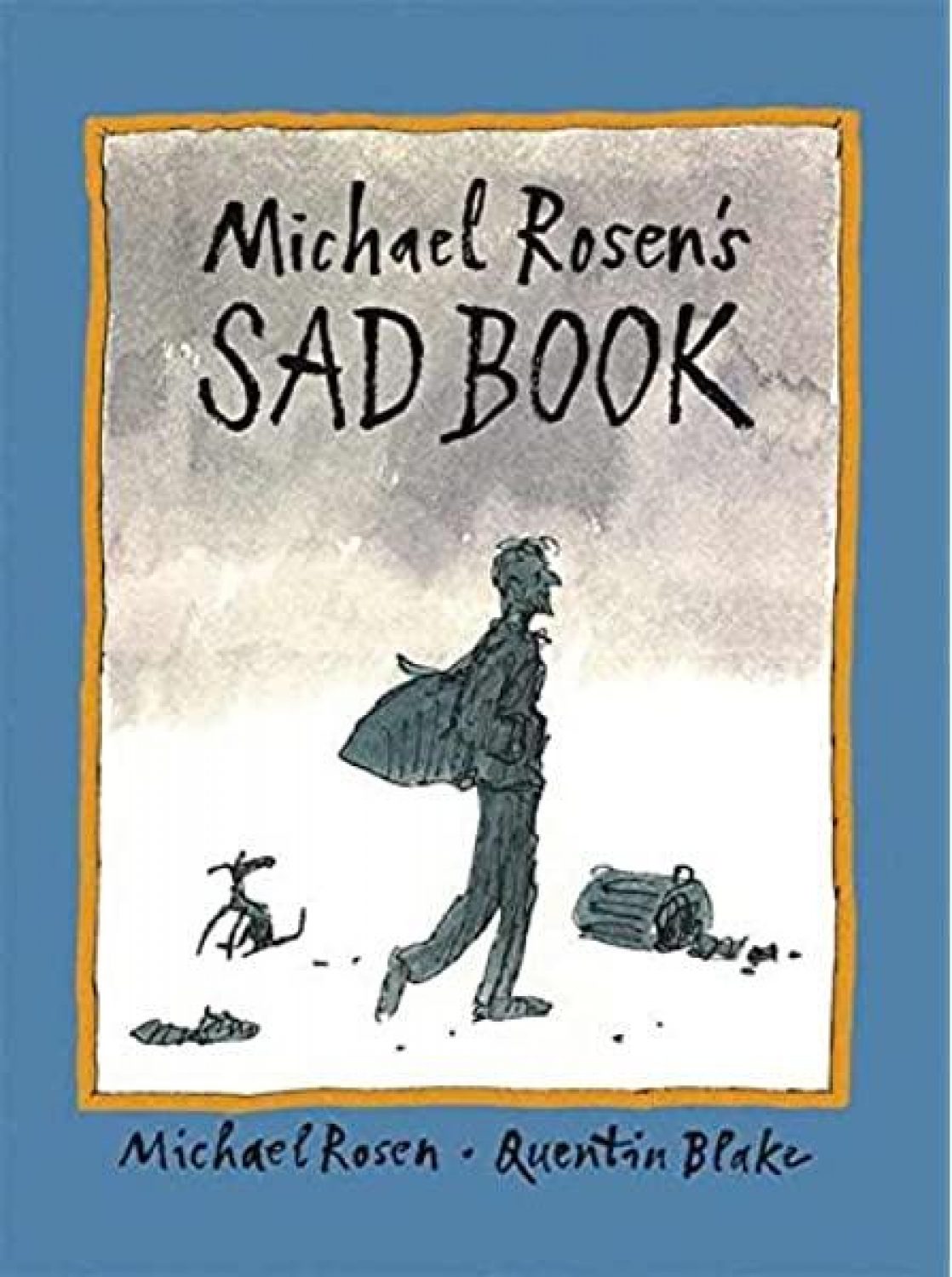
Michael Rosen’s Sad Book
This simple but deeply affecting book is about Michael Rosen’s reaction to the death of his son Eddie. Rosen gives us an honest look into the unpredictable world of grief, where being sad can make you do and feel things that you don’t always understand.
He writes about pretending to look happy even though he feels sad and being angry at someone because they aren’t there anymore.
As the title suggests, this is a very sad book, though it also shows Rosen finding ways to cope with his grief. His book could act as a springboard for lots of conversations about what loss feels like and how we react. It’s also beautifully illustrated by Quentin Blake.
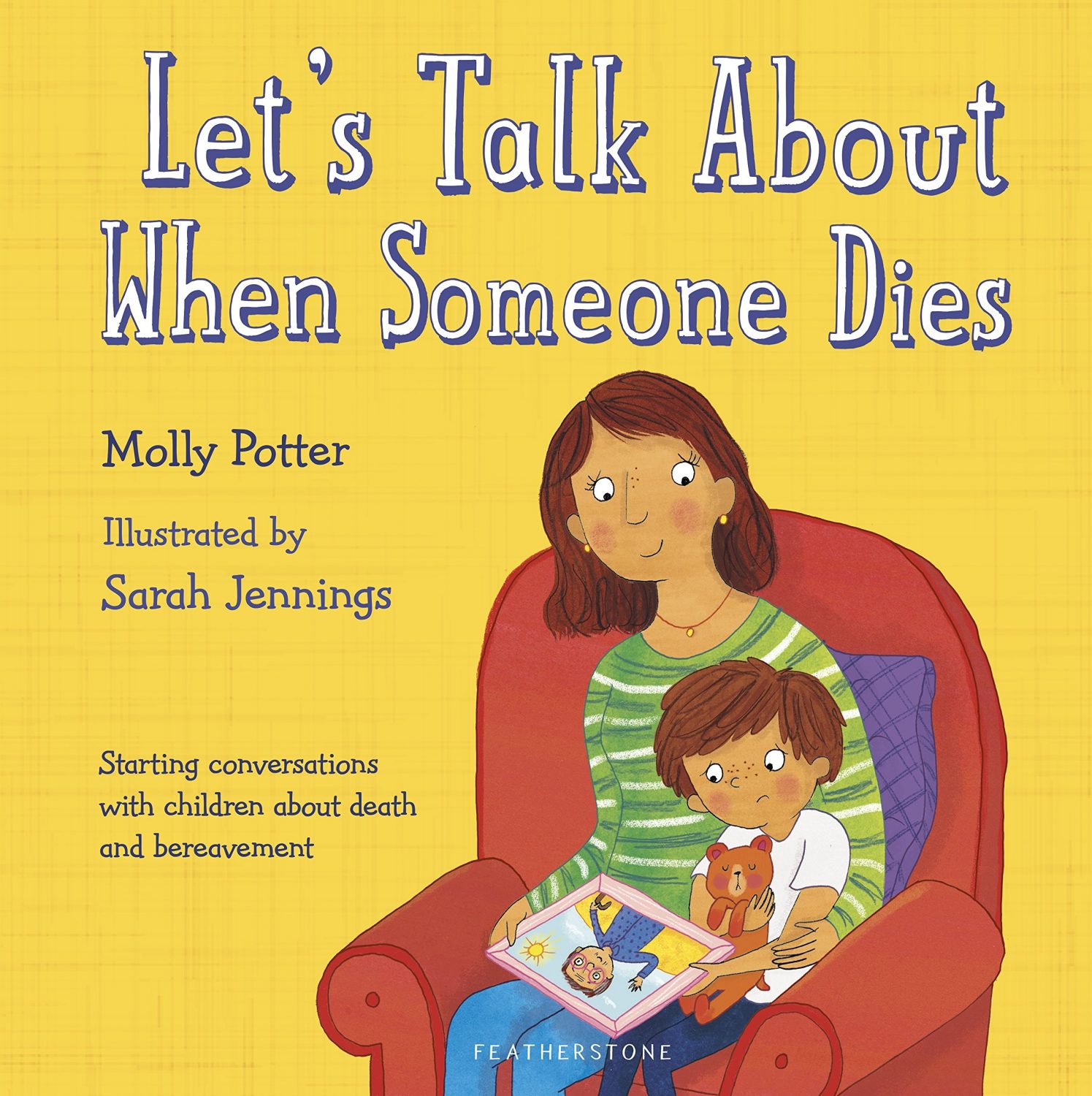
Let’s Talk About When Someone Dies
Molly Potter is the author of this very practical illustrated guide about explaining death to children. There’s a helpful rundown on everything from the words we use to describe death, to what happens during funerals, to different beliefs about the afterlife, to cremations and burials. She shares what emotions children might expect to feel and explains how all of them are completely normal.
Potter also includes a specific section for parents and carers, with tips like using straightforward language rather than confusing euphemisms, and making sure that children feel free to ask questions. This is an excellent choice for anyone looking for a book that’s thorough and accessible.
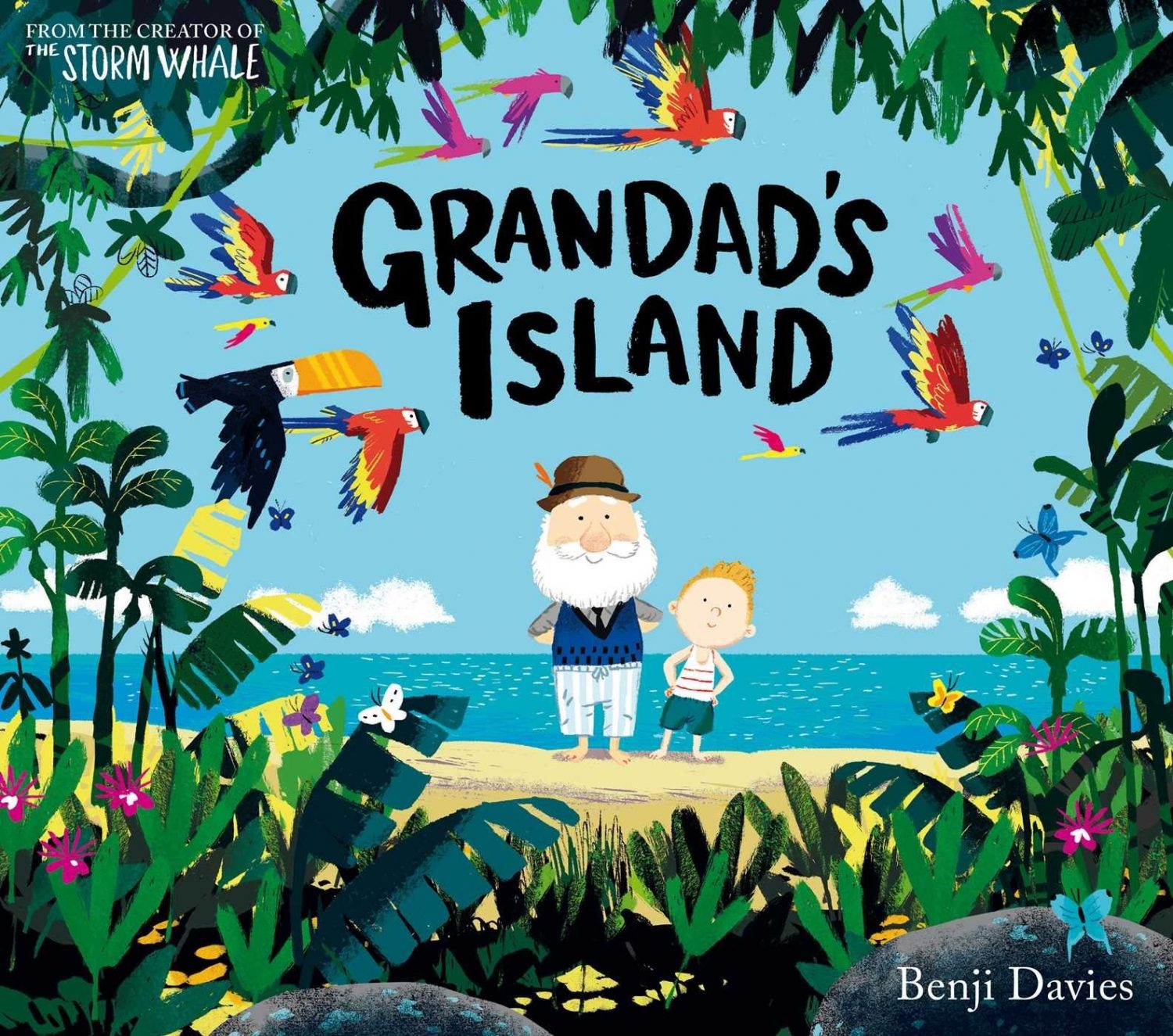
Grandad’s Island
Benji Davies’ restrained and gentle book doesn’t actually mention death at all. Written for very young children, it follows the story of Syd and his grandad who open a door in the attic and sail away together to a magical island.
As they begin to explore, Syd realises that his grandad doesn’t need to use his stick anymore. Later, just before Syd returns home, his grandad explains that he’s decided to stay behind.
The book introduces ideas about loss in a way that’s both subtle and easy to understand. It’s also a reasonably uplifting story, with lots of bright and cheerful illustrations. This would be a good starting point to begin talking with small children about their feelings.
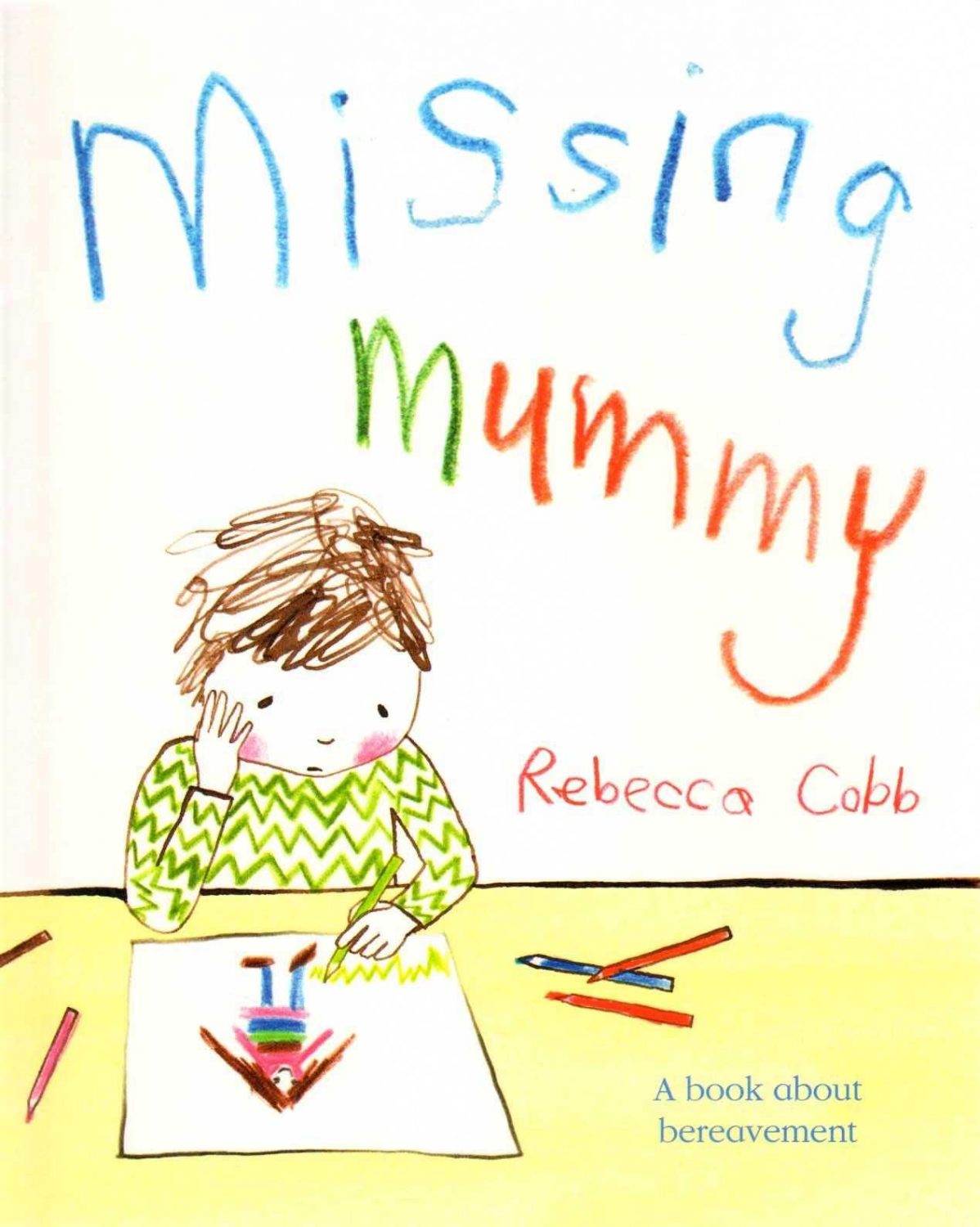
Missing Mummy
Award-winning author Rebecca Cobb explores the death of a parent from a child’s point of view. Cobb thoughtfully details the boy’s reaction to the loss of his mother, including all his different emotions from guilt to confusion. Her thoughtful and straightforward description of a child’s grief is poignant without ever slipping into sentimentality.
There’s also a helpful focus on how the boy is still able to continue living a normal life. Cobb emphasises that the memory of his mother is meaningful and he’s still loved and secure. The illustrations are especially strong in this book, and underline its evocative message.
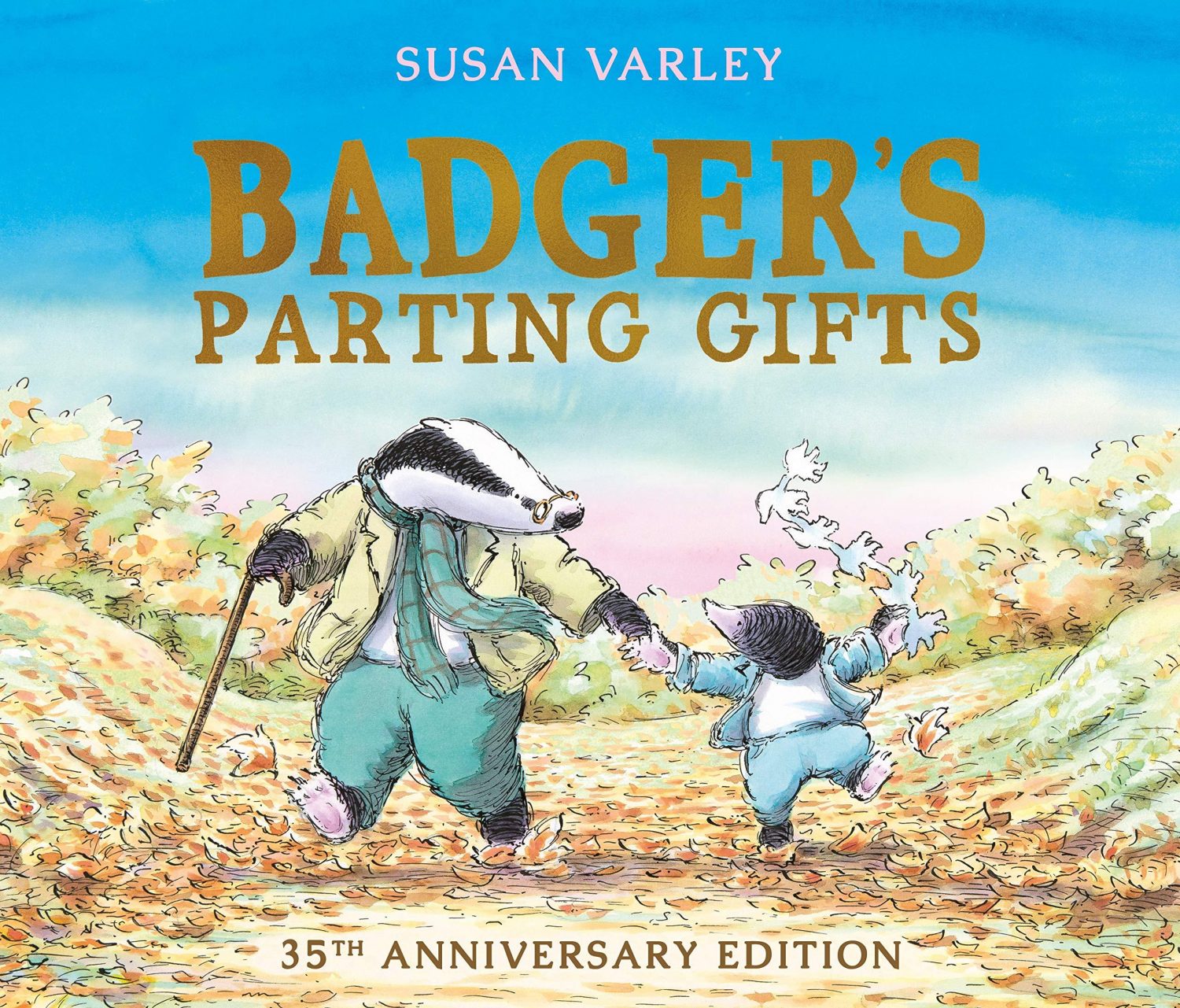
Badger’s Parting Gifts
Susan Varley’s book begins with the lovely dependable Badger recognising that he’s very old and is going to die soon. Badger isn’t afraid of death, he’s just worried about how his friends will react and so decides to leave them a message.
Once Badger goes down the ‘long tunnel’, his friends begin talking about all the ways that he helped them — like teaching them to skate, tie neckties and bake gingerbread.
Eventually, they realise that these are Badger’s parting gifts and begin to feel happy again when they think of him. This is a wonderful book to help children start thinking about memory and grief, and how people who have died are still part of our lives.
To find out more, don't miss our expert panel's advice on talking about death and dying with children.
To stay in touch with all the latest news and updates from Poppy's by email, sign up here or contact us if you need help planning a funeral.